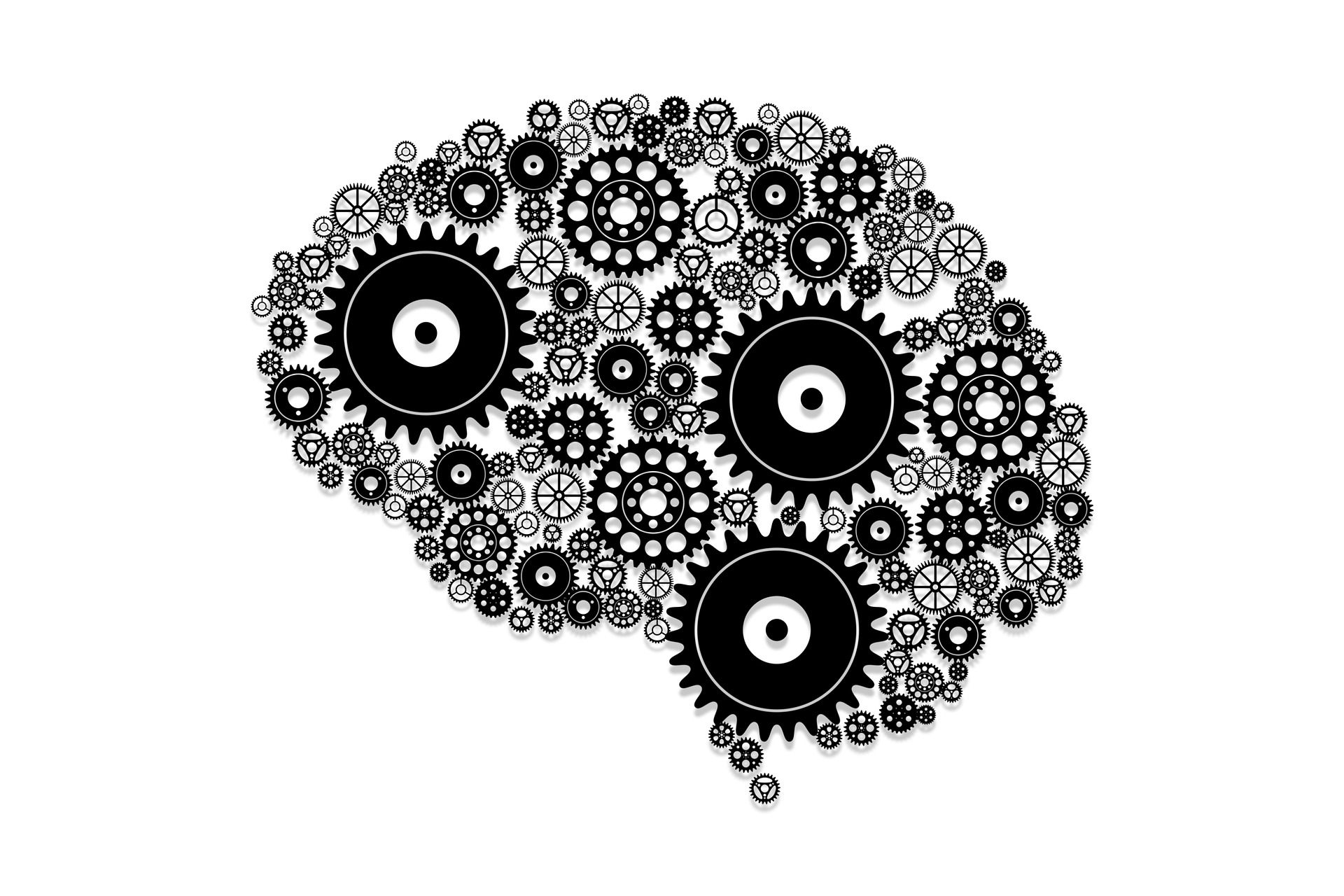
Don’t miss my last publication for the The Journal of Intelligence, Conflict, and Warfare
Pili, G. (2021). “Why HAL 9000 is not the future of intelligence analysis: Intelligence analysis in the 21st century.” The Journal of Intelligence, Conflict, and Warfare, 4(1), 40–60. https://doi.org/10.21810/jicw.v4i1.2566
Abstract
Intelligence analysis is a core function of the intelligence process, and its goal is to synthesize reliable information to assist decision-makers to take a course of action toward an uncertain future. There is no escape from uncertainty, friction, and the fog of war. Since the dawn of human history, the present moment has been experienced as unpredictable, and the challenge of determining the right future through sound decisions has always existed. Investing in new technology, continually touted as the answer for analytic troubles, seems far less difficult in the short run than trying to find consensus about a long-term vision. It is easier to develop a nuclear missile, for example, than to give a universal definition of peace, and this is what the history of the XX century was all about. While intelligence analysis is still a necessary tool for decision-makers, it is unclear who or what will perform this function in the future. Though the solution cannot be only technological, the current trajectory tells a different story whereby the human analysts are removed from their central position to make way for Artificial Intelligence.







 “I have a dream” o per meglio dire “I have two, three or four dreams”: uno sarebbe quello di pubblicare qualcosa, ma è un “trip” più che un “dream”, almeno per il momento. Però un altro sogno potrebbe essere molto meno “sogno” di quanto non sia: fare un bel sito di filosofia.
“I have a dream” o per meglio dire “I have two, three or four dreams”: uno sarebbe quello di pubblicare qualcosa, ma è un “trip” più che un “dream”, almeno per il momento. Però un altro sogno potrebbe essere molto meno “sogno” di quanto non sia: fare un bel sito di filosofia.